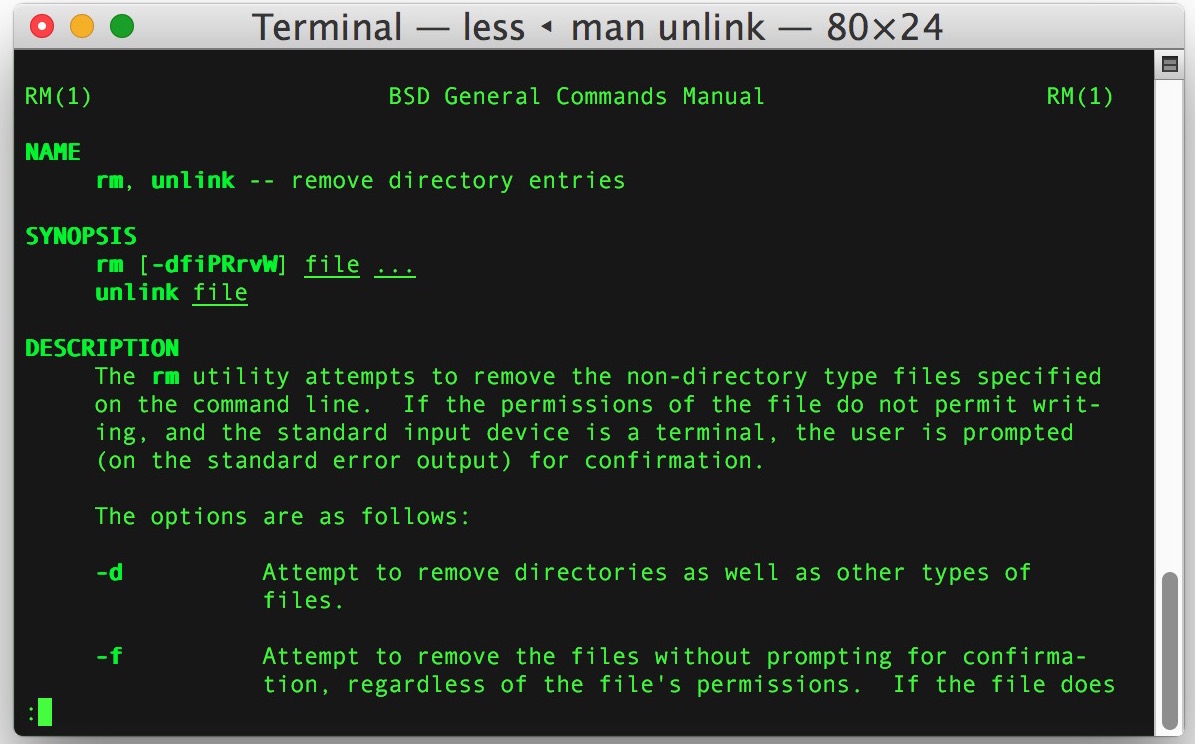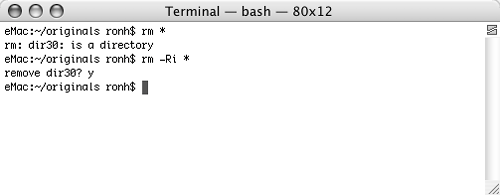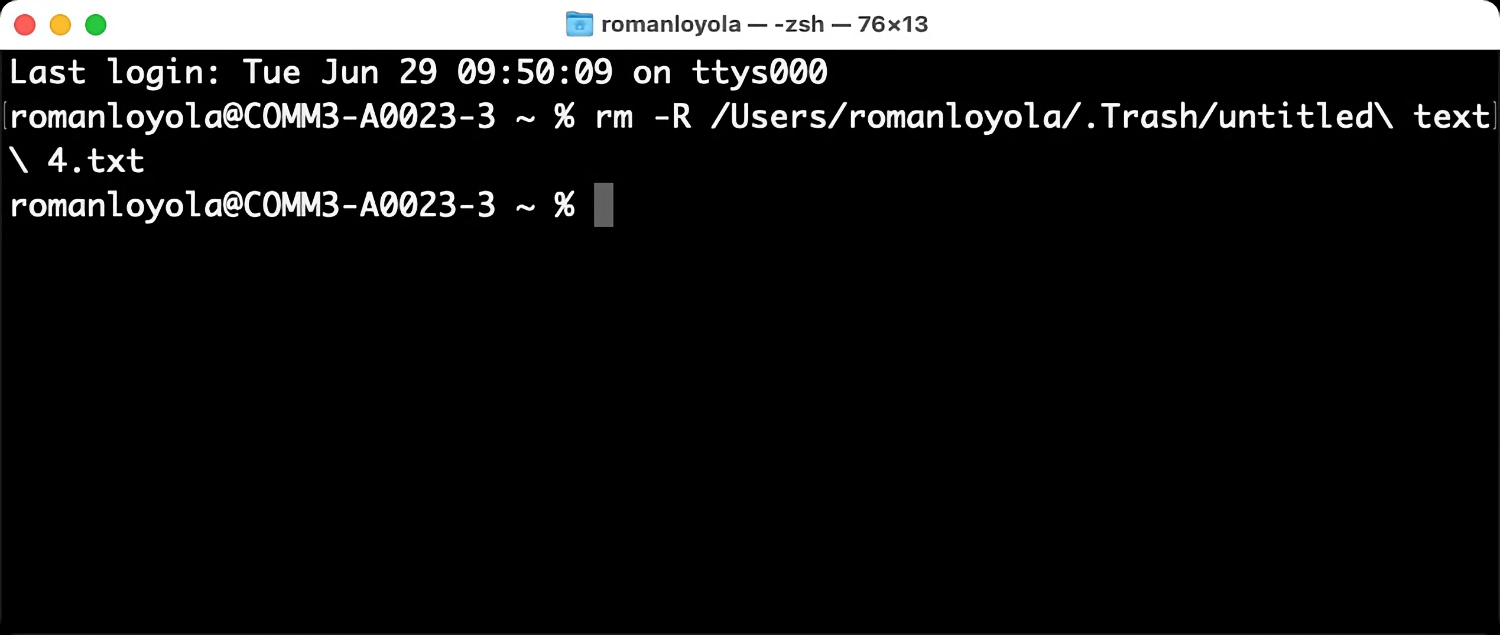

Let’s focus on some of the most common MacOS Terminal commands you need to be familiar with when you are mastering the Terminal. There are tons of commands that you can make use of. To change the file location, you will use the Terminal command introduced below. The commands you run on the Terminal will execute in the current file location. This will stop the command from completing its task. Once you hit the return/enter key, you can interrupt the command by pressing cmd and C together. Once you enter a command, to execute it you need to press the return/enter key. Removing any characters will give you an unexpected result. Every character, every space, and every symbol matters. Terminal commands should be typed exactly as they are shown.

This way you do not have to type the same command over and over again. Once you have entered several commands and you would like to enter one of those commands again, you can use up and down arrow keys to navigate through the past commands you have entered until you select the desired command. If you want to edit the command you entered, move left or right using the arrow keys until you reach the place where you would like to edit. You navigate the Terminal by using arrow keys. You cannot use your keyboard and mouse to navigate the Terminal. Therefore it’s important that you learn a few things that you should keep in mind when learning the Terminal. Navigating the Terminal might not be as straightforward as navigating a GUI application. Here, you can customize the appearance of the Terminal including the background color, text color, and font. In the preferences menu, navigate to the Profiles tab. While on Terminal, navigate to ‘Terminal’ on the top bar and select Preferences. Changing the theme of the Terminal lets you do just that. First, it’s best if you adjust the appearance to fit you. Type in the word Terminal and click on the first suggestion.Įither of these two methods will bring up the Mac command prompt and it will look like a black box as below.ĭepending on your Terminal setting, the appearance may look different. Push command and space buttons together to bring up the Spotlight Search bar. In Finder, navigate to the location of the Terminal application which is:Īn alternate method is from Spotlight Search.

There are several ways you can access Terminal. The Terminal application is in the Utilities folder in Applications. While you will not be a IT specialist right away by knowing your way around the Terminal, it’s the first step to becoming one - if that’s your goal. Once you grasp its basic functionality you can take on more complex tasks and when you do so, using the Terminal can be a lot of fun.

It’s a quicker way of navigating the operating system, provided that you are familiar with the Terminal commands on Mac. While of course, it is not the case, knowing Mac Terminal commands will give you an upper hand in mastering the MacOS environment.Īs a Terminal emulator, it provides you with text-based access to the operating system. When using Terminal on Mac, it might look like you are trying to hack into a system. Some MacOS users might be intimidated by the Terminal and its commands.


 0 kommentar(er)
0 kommentar(er)
